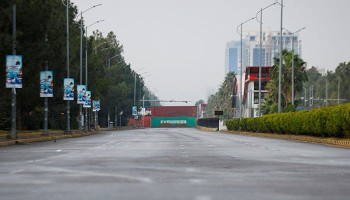
A notorious group of black-hat hackers in connivance with Federal Board of Revenue (FBR) and Pakistan Revenue Automation Limited (PRAL) officials, took a colossal toll on the national treasury by exploiting the inactive accounts of retired armed forces personnel.
The group allegedly made fake supplies worth Rs1.625 trillion, prompting a sales tax loss of Rs292.549 billion and an additional tax loss of Rs235.340bn.
According to reports, Federal Tax Ombudsman (FTO) Advisor Legal & Media Wing Almas Jovindah the cybercrime was committed by a gang of cybercriminals aided by employees (present and/or past) of PRAL and FBR with direct or indirect access to the entire computerised system.
He noted that the gang operated in networks, kickstarting their devised plan by spotting and extracting the sales tax registered dormant persons from the FBR website, and their subsequent use to make fabricated transactions to benefit end consumers who were bound to pay huge amounts in taxes.
The cybercrime was carried out with the active support of imposters in the aforesaid organisations, using the sales tax account of Mrs Firdous Anwar of Karachi, a 79-year-old living abroad with her children, who had been filing “Null” sales tax returns for over four years without any business transactions.
They then filed Annexure “C” declaring supplies of re-melting scrap ingots of iron or steel worth Rs1.625tn, making sales tax of Rs292.549bn and further tax of Rs235.340 bn.
The amount was later transferred by the gang to the supply chain, transferring Rs81.434bn to a dormant account of a retired armed forces officer.
Subsequently, the supply chain ended with seven ultimate beneficiaries including taxpayers from Lahore and Faisalabad identified to be iron and steel manufacturers.
The cybercriminals later on altered the password and email address to prevent original taxpayer from accessing their sales tax accounts.
The FTO Advisor Legal & Media Wing outlined that these were paper transactions lacking physical movement of goods and banking transactions in terms of section 73 of the Act, ultimately bringing a hefty toll of losses to the national exchequer.
















